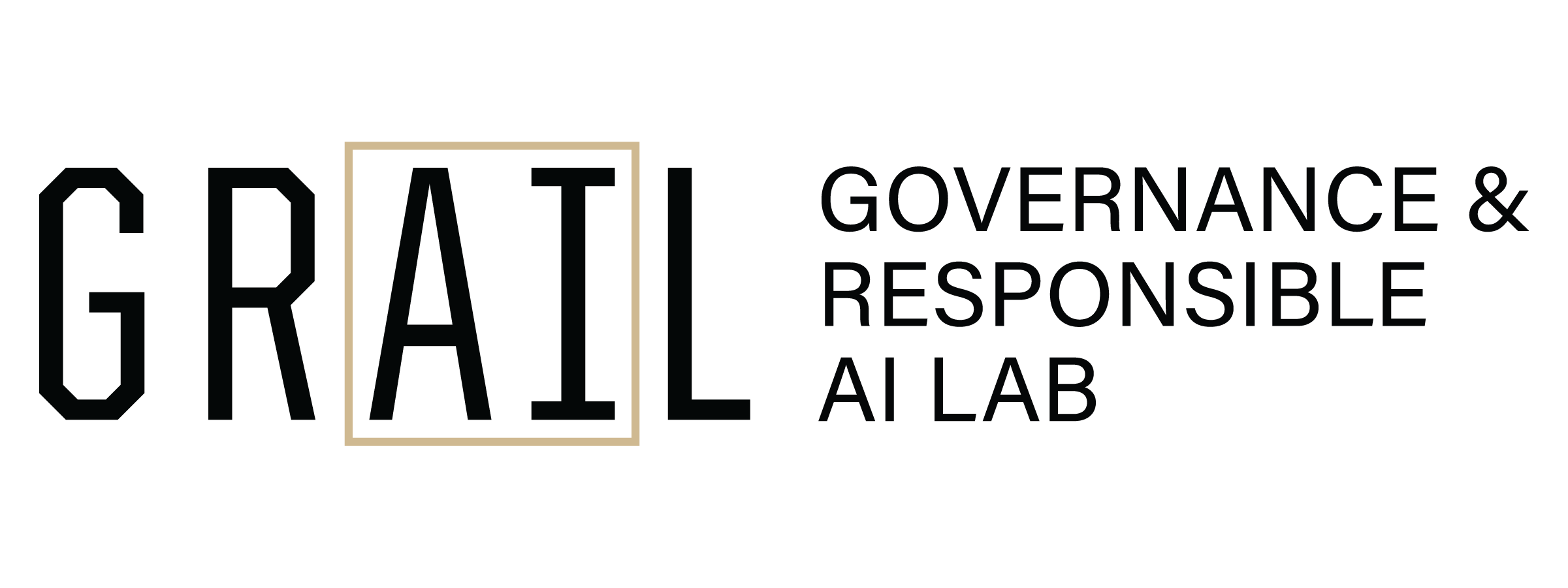
What's Next for AI Ethics, Policy, and Governance? A Global Overview
This paper analyzes AI ethics documents and examines three key issues: challenges associated with the homogeneity of their creators, a typology of motivations behind their creation, and their varied impacts on the global AI governance landscape.
Executive Summary
Since 2016, more than 80 AI ethics documents – including codes, principles, frameworks, and policy strategies – have been produced by corporations, governments, and NGOs. This paper examines three topics of importance related to these documents: challenges associated with the homogeneity of their creators, a typology of motivations behind their creation, and their varied impacts on the global AI governance landscape. The authors assess factors such as the diversity of document creators, potential regional disparities, and the implications of competitive advantage or signaling motivations. The analysis further discusses the possible impacts on governance structures, including internal organizational changes and the shaping of global discourse on AI ethics. It concludes by exploring how these documents may influence public and corporate policy and identifies key factors likely to predict their success.
